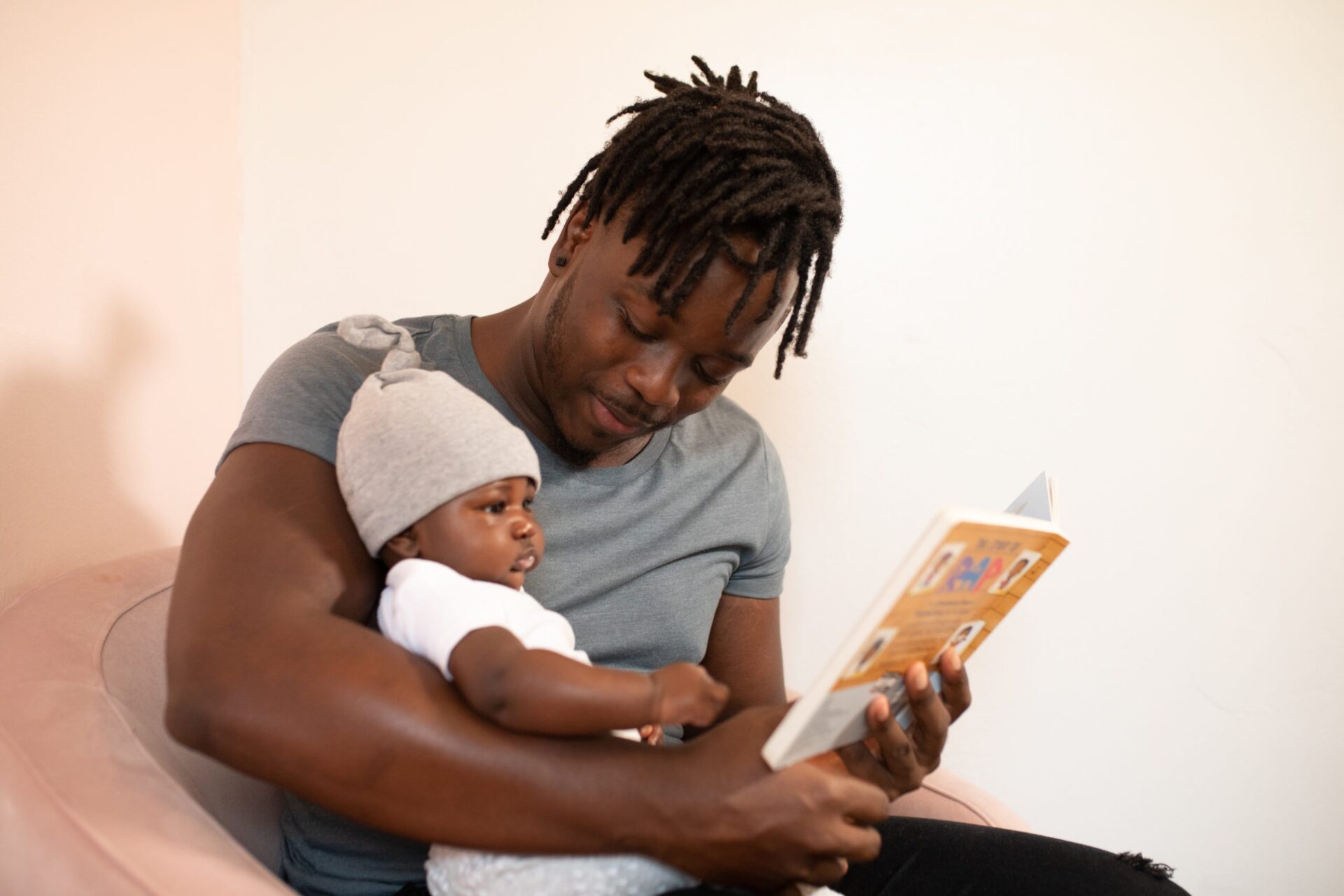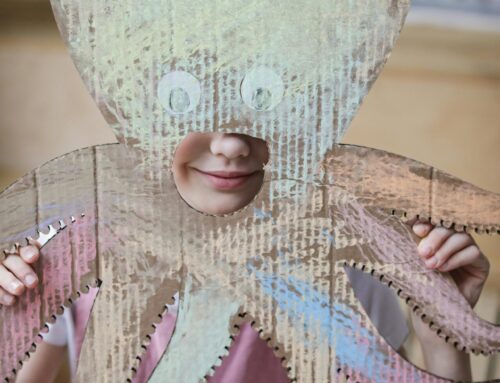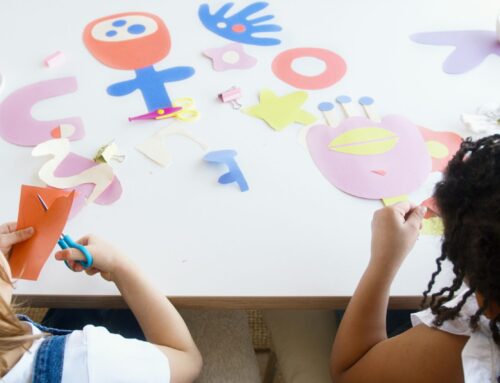Did you know that reading with your child for just 20mins a day exposes them to 1.8 million words a year?
Before children are even born, they can hear and react to sounds. At around 18wks gestation your baby will hear the sounds of your body, your heartbeat, your breathing, the rumbling of your tummy. At around 26wks gestation your baby may start responding to sounds both inside and outside the womb, including your voice!
So, before your child is even born, language is all around them. Healthy babies are born with fully developed hearing. They will take in everything, the rhythms and patterns will become their language early on. Later the babbles and coos they practice are preparing their vocal cords for their words.
Most babies from around 6 months old will begin to recognise key words. Many say their first words around 8 or 9 months. Children develop so fast in the first 5 years of life! Their brain is constantly taking in information and processing it to make sense of it all. It is never too early to start reading with your child. Formal reading and writing skills will be taught in school, but we can pass on to them a love of reading and literacy in the early years.
We have gathered together some tips on how you can create an environment at home that instils a love of reading in your child.
A love of Books
Reading should be fun! Let your children choose their favourites and this will help create a love of reading. It is a wonderful time to cuddle up on the couch and share a story. What a lovely time of connection with your little one. Having this special time with your child helps to create a meaningful and positive connection between spending time with a loved one and reading. Try to make it a normal part of your routine for example a story shared after bath time, or before bed, your child will start to look forward to this part of their day.
The power in a narrative
“You’re never too old, too whacky, too wild, to pick up a book and read to a child.” Dr Seuss
I love that quote from Dr Seuss about reading to children. It is so true. Be silly, use voices for characters, be the story! Let your inner actor out, props are encouraged, but not required.
Your child can and will be captivated if you read to them, transport them through words to the amazing worlds you can only find on the page. Reading often with your child helps them learn to recognise when you are telling a story, how stories flow and change. Pretty soon they will start telling stories of their own, weaving in different characters and plot twists and you will become the audience. This is how literacy in the early years should look and feel.
Expanded vocabulary
The best and easiest way to increase your child’s vocabulary is to talk with them. Talking about what you are doing in your day with your child as it happens, reading with them will start to build their vocabulary. How often has your child come up to you and used a big word you didn’t know they knew, and they used it correctly? They can, and will, absorb everything like a sponge. What we can do is help them to develop language through talking to them from birth. It may seem a silly idea, sitting down and having a conversation with your 4-week-old baby! But babies learn from the moment they are born. Naming things, noticing what they are paying attention to or looking at and talking with them about what they see can all help build language. The same applies for words that we see around us, on signs, in books, words on cereal boxes. When we point them out to our children this helps them understand that words make meaning.
Have fun with sounds
There are so many rules in the English language that children start to learn when they get to school. However, to begin with, children need to start to recognise the specific sounds that letters and groups of letters make when you put them together. This is called ‘phonics’ and is what helps us sound out and read our first words as children. The easiest way to introduce the sounds of letters and words to children is reading and singing with them. This is why nursery rhymes are such a big part of childhood. If you think back to your favourite nursery rhymes and songs, even now as an adult, it doesn’t take long to remember the words and the tunes that go along with them.
That is the beauty of nursery rhymes;
- they are repetitive
- easy to remember
- introduce children to the sound and pattern of words.
Let’s be honest, most of the time they make little to no sense, but that’s the magic of them! They don’t need to make sense; they are fun, interactive, easy and your child is learning without even knowing it. “Old Macdonald had a farm”, “The Owl and the Pussycat”, “Hey Diddle Diddle” are all classic examples of songs where children learn.
So just remember… “You’re never too old, too whacky, too wild, to pick up a book and read to a child.” Dr Seuss





